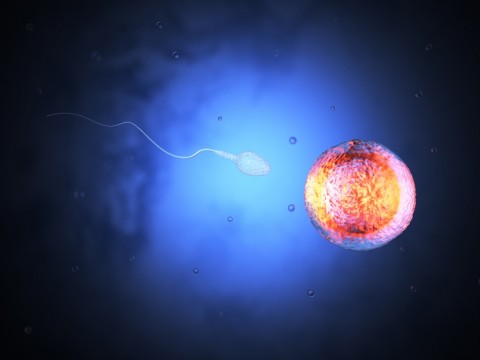As a doctor who specializes in nutritional medicine, I stay up-to-date on the most current scientific literature regarding how our food choices impact our health and wellbeing. For this reason, I'd like to share with you the findings of several medical studies regarding a group of chemical compounds called phthalates. Phthalates are ubiquitous in the...
DrCarney.com Blog
Ten to fifteen percent of couples desiring to start a family discover that they are infertile. In about half of these cases, the husband is found to be the one infertile. Increasing the intake of saturated fat by just 5 percent was observed with a 38 percent lower sperm count in a recent Harvard Study....
We have heard many success stories about infertile couples who have been able to conceive a child after switching to a whole-food, nutrient-dense, plant-based diet. According to this article by Dr. Joel Fuhrman, "Approximately 7.3 million women in the U.S. have impaired ability to become pregnant, and 10-17% of couples experience infertility or subfertility at...
Lisa Silvius and her husband desperately tried to conceive a child for many years, yet she had not had a monthly cycle in ten years, and no doctor was able to figure out why. Lisa and her husband conceived their first two children through the process of in-vitro fertilization (IVF). Lisa states that it was "emotionally, mentally,...
Environmental estrogens (Xenoestrogens) appear to play a role in the reduction of male fertility. These estronens are man-made and primarily enter our food supply though the consumption of fish. Man-made chemicals such as PCBs and pesticides have the ability to disrupt endocrine hormones, which affets male fertility. Dr. Michael Greger explains in this short video...








